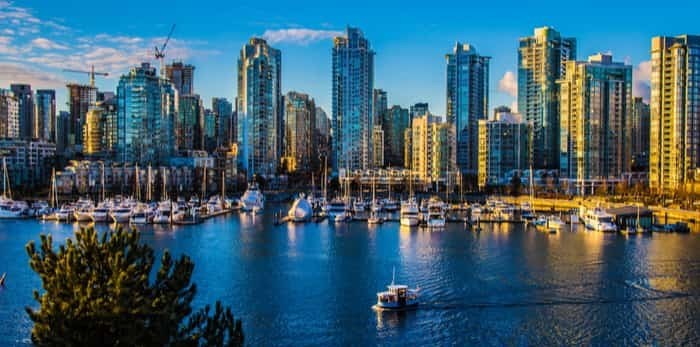British Columbia is an anomaly province for a number of reasons, and it enjoys the mildest climate in the country.
Now, a study conducted by the Angus Reid Institute has also found that British Columbians feel that they have very little in common with the other provinces.
In fact, the study finds that British Columbians relate more closely with a few U.S. states.
“British Columbians see themselves as having more in common with Washington State (54% say this) and California (18%) than Alberta (15%) or any other Canadian province,” reads the report.
The poll also found that the majority of Canadians feel ‘the west’ is a unique region within Canada. With that being said, the data also revealed that they feel torn as to what defines ‘the west.’
Of the provinces polled – British Columbia, Alberta, Saskatchewan and Manitoba – less than half of the respondents could agree on a single definition of the region. However, they were united in the belief that ‘the west’ is treated unfairly by the federal government and that it is poorly represented by the National Institutions.
For example, 44 per cent of respondents felt that ‘the west’ includes every province west of Ontario, while 18 per cent of respondents feel that it includes Alberta, and Saskatchewan – but not B.C.
Following this, 17 per cent of respondents feel that it includes B.C., Alberta, and Saskatchewan but excludes Manitoba; another 17 per cent of respondents felt that it only includes Alberta and B.C.
While British Columbians almost universally felt that they are part of "the west," other provinces, such as Alberta and Saskatchewan, often responded that it did not.




